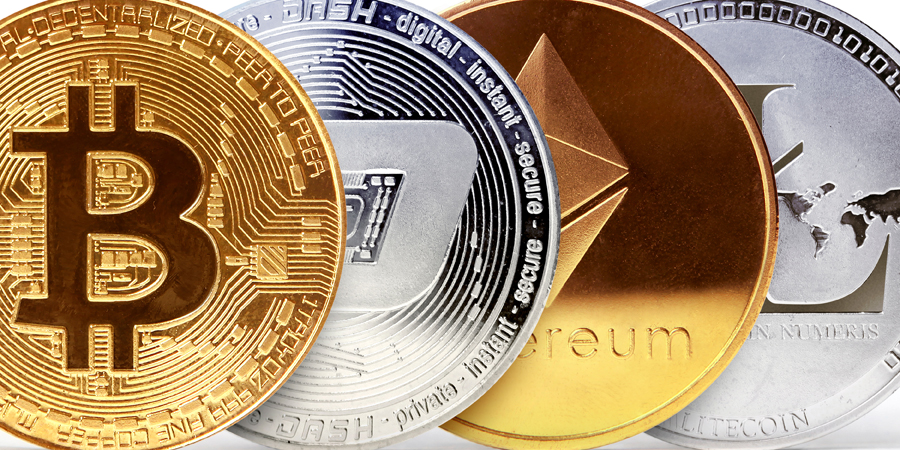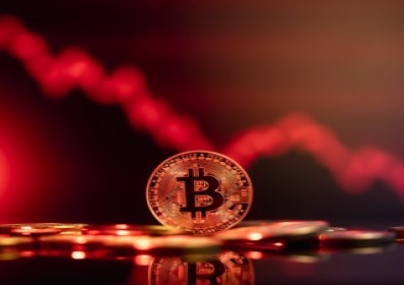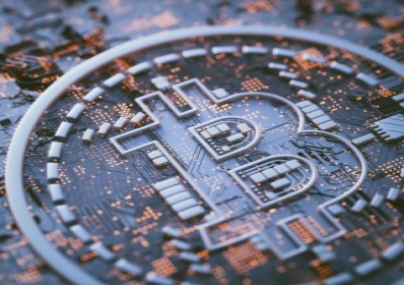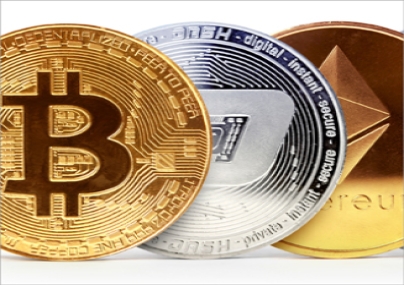
Even as dramatic bankruptcies buffeted the cryptocurrency world lately, the Hong Kong government is set to stay the course of turning the SAR into a global digital assets hub.
The chaos that saw billions of dollars of investors’ money wiped out has accentuated the need for “greater platform transparency” and “regulatory compliance,” wrote Financial Secretary Paul Chan in his official blog on Nov. 13.
Chan’s remarks followed the explosive downfall of FTX – the world’s second largest cryptocurrency exchange prior to its high-profile and shocking demise. Lawyers closely watching the crypto space admit that FTX’s implosion – and bankruptcies of connected lenders triggered by it – could bruise confidence of the underregulated industry and draw closer scrutiny.
While the latest slew of mishaps further worsened the so-called crypto winter that wrecked valuations in the asset class, Hong Kong is cautiously making forays into virtual assets regulations.
“Originally, the focus from the government and the regulators was mainly anti-money laundering and counter-financing of terrorism as there is a perception – and in some cases, actual risk – that virtual assets are used for illegal activities,” notes Michael Wong, a partner at Dechert.
During a flagship event aimed at championing Hong Kong’s fintech might, the Securities and Futures Commissions announced that it would adopt the principle of “same business, same risks, same rules” to scrutinise virtual assets investment.
The SFC also gave a nod to considering allowing retail investors to trade in crypto with proper safeguards, while pending feedback from lawmakers. So far, crypto trading in Hong Kong is restricted to professional investors only on licenced exchanges.
professional investors was considered problematic as it may encourage retail investors to access overseas unregulated platforms, which are even more unprotected,” he says.
William Hallatt, a partner at Gib-son, Dunn & Crutcher who also endorses the regulatory direction, outlines what policymakers are likely to be concerned with. “The priority for the SFC and legislators will be to ensure adequate safeguards for retail investors. This will likely involve requiring licensed virtual assets exchanges to have robust governance controls, product approval processes and listing policies in place for vetting virtual assets tokens before they can be offered to retail investors,” he says.
The challenge confronting regulators, Hallatt says, will be walking the tightrope between over-regulating and over-liberalising. Wong concurs, noting that “over-regulation could potentially stifle the industry’s growth and development, and affect virtual assets services providers and the investors.”
Another announcement that buoyed industry observers was the permission of sales of virtual asset futures exchange-traded funds (ETFs), albeit limited to Bitcoin and Ether futures only.
“This regime allows local licensed managers to sponsor and seek authorisation of virtual assets futures ETFs, which can be offered to retail investors,” Wong says. “The availability of virtual assets futures ETFs in Hong Kong is symbolic in the sense that Hong Kong government and regulators are willing to take a significant step to open up the retail market in relation to virtual assets,” explains Wong.
Adds Hallatt: “The SFC’s decision to limit, at the initial stage, virtual assets futures ETFs to investing only in Chicago Mercantile Exchange-listed Bitcoin and Ether futures, provides the SFC with important reassurance, given that these futures contracts are traded on a highly regulated market.”
In the wake of positive policy guidance, both lawyers have witnessed a surge in interest from the crypto industry. “The queries we’ve received are from existing trading platforms from offshore, those who left Hong Kong, and those who want to enter the market. Many of them are revisiting their licensing strategies in APAC and in relation to Hong Kong,” observes Wong.
Hallatt believes regulatory clarity provided by the SFC will give Hong Kong a headstart in embracing crypto investment compared to regional jurisdictions shielding investors from a market often portrayed as volatile, anonymous, and thus unaccountable.
“The global regulatory landscape is firmly moving towards greater transparency and regulation of virtual assets activities, including greater cross-border regulatory coordination, particularly following recent turbulence in the sector,” he notes. “Jurisdictions with a clear regulatory framework for virtual assets, such as that proposed by Hong Kong, will be well-positioned to take advantage of this shift.”


